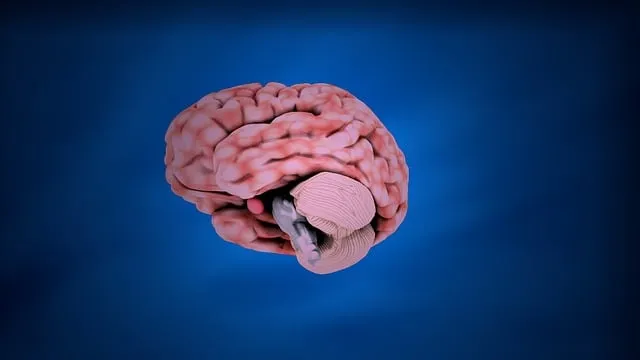Kaiser Permanente Centennial prioritizes mental health with comprehensive coverage that includes risk assessment, harm minimization planning, and proactive programs like Communication Strategies and Inner Strength Development. Their Mental Wellness Podcast Series promotes self-awareness and open discussions for depression prevention. Beyond immediate treatment, the organization's initiatives focus on early intervention and building resilience through holistic well-being practices, integrating mental wellness into daily life.
In today’s complex healthcare landscape, effective risk assessment and harm minimization planning are paramount. This comprehensive guide explores these critical concepts, using Kaiser Permanente’s mental health coverage as a case study. We delve into how their strategies can be applied in Centennial and beyond, focusing on proactive measures to identify and mitigate risks associated with mental health services. By understanding these approaches, healthcare providers can enhance patient outcomes and ensure a safer, more supportive environment.
- Understanding Risk Assessment and Harm Minimization Planning
- Kaiser Permanente Mental Health Coverage: A Comprehensive Look
- Applying Harm Minimization Strategies in Centennial and Beyond
Understanding Risk Assessment and Harm Minimization Planning

Risk assessment and harm minimization planning are crucial components in ensuring the well-being and safety of individuals, especially those seeking mental health services like those covered by Kaiser Permanente Centennial. This process involves meticulously evaluating potential risks and implementing strategies to mitigate harm across various settings, including clinical practices, community programs, and online platforms. By understanding these concepts, mental health professionals can create a supportive environment that promotes healing and recovery while adhering to best practices.
The Mental Wellness Podcast Series Production highlights the importance of proactive risk management. Through self-awareness exercises and open discussions, individuals can identify triggers and develop personalized strategies for coping with challenges. Moreover, depression prevention becomes a collective effort when communities, professionals, and individuals work together to recognize warning signs and implement harm minimization plans, ensuring a holistic approach to mental health care.
Kaiser Permanente Mental Health Coverage: A Comprehensive Look

Kaiser Permanente, a leading healthcare provider based in Centennial, offers a comprehensive mental health coverage program that prioritizes prevention and harm minimization. This initiative extends beyond traditional treatment models, focusing on holistic well-being through various Communication Strategies and Inner Strength Development programs. The organization’s commitment to mental health education is evident in its designed programs that target diverse populations, from adolescents to seniors.
These Mental Health Education Programs are meticulously crafted to equip individuals with knowledge and skills to navigate stress, anxiety, and other common mental health challenges. By fostering open dialogue and providing accessible resources, Kaiser Permanente aims to reduce stigma and encourage early intervention. This proactive approach aligns with the broader goal of harm minimization, ensuring that members of the Centennial community have the tools to maintain and improve their mental health.
Applying Harm Minimization Strategies in Centennial and Beyond

In the context of Kaiser Permanente mental health coverage Centennial, applying harm minimization strategies is a comprehensive approach to ensuring the well-being of individuals over the long term. Beyond immediate treatment, these strategies focus on prevention and early intervention, which are crucial components for managing mental health effectively. By integrating mental wellness initiatives into daily life, such as social skills training through Mental Health Education Programs Design, Centennial residents can build resilience against potential risks. This proactive approach not only enhances individual mental health but also contributes to a more supportive and informed community.
Kaiser Permanente’s commitment to mental health coverage in Centennial underscores the importance of comprehensive care that extends beyond traditional therapy. By promoting Mental Wellness through accessible programs, individuals are empowered to take charge of their mental well-being. This includes learning effective coping mechanisms, improving social connections, and cultivating healthy habits—all of which are vital for mitigating risks and fostering a sense of balance in the face of life’s challenges.
Risk assessment and harm minimization planning are essential components of comprehensive healthcare, particularly in ensuring positive outcomes for mental health. As seen with Kaiser Permanente’s mental health coverage, a proactive approach can significantly impact patient care and satisfaction. By understanding and mitigating risks, healthcare providers like Centennial can offer more effective services tailored to individual needs. This strategic planning not only enhances the quality of care but also fosters a supportive environment, ultimately promoting better mental well-being among patients.






